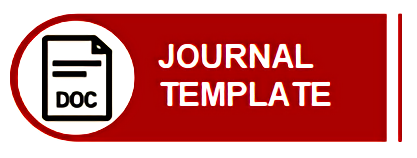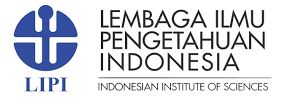The Evolution of Legislative Power Relations between the Parliament and the President in Indonesia’s Constitutional System
Abstrak
This study examines the evolution of the legislative power relationship between the House of Representatives (DPR) and the President within Indonesia's constitutional framework, particularly before and after the amendments to the 1945 Constitution. It aims to identify how constitutional reforms have reshaped the distribution of legislative authority and whether they have succeeded in achieving a substantive balance of power. Using a qualitative, normative juridical approach with historical and comparative analysis, the study explores relevant constitutional documents, laws, and Constitutional Court decisions. The findings reveal that although the constitutional amendments shifted the Indonesian system from presidential dominance to a formal balance of power, lawmaking practices remain heavily influenced by executive control. The president retains significant authority in legislative initiation and formulation, while the role of the DPR is often constrained by political and institutional constraints. Consequently, the principle of checks and balances in Indonesia's presidential system tends to be cooperative rather than competitive, with procedural balance lacking substantive equality. The study concludes that constitutional reforms must be complemented by institutional strengthening of the DPR through increased research capacity, professional legislative drafting, and increased public participation. This study contributes to the theoretical discourse on constitutionalism by proposing a cooperative checks and balances model suitable for presidential systems characterized by asymmetric power relations






1.png)






.png)
















